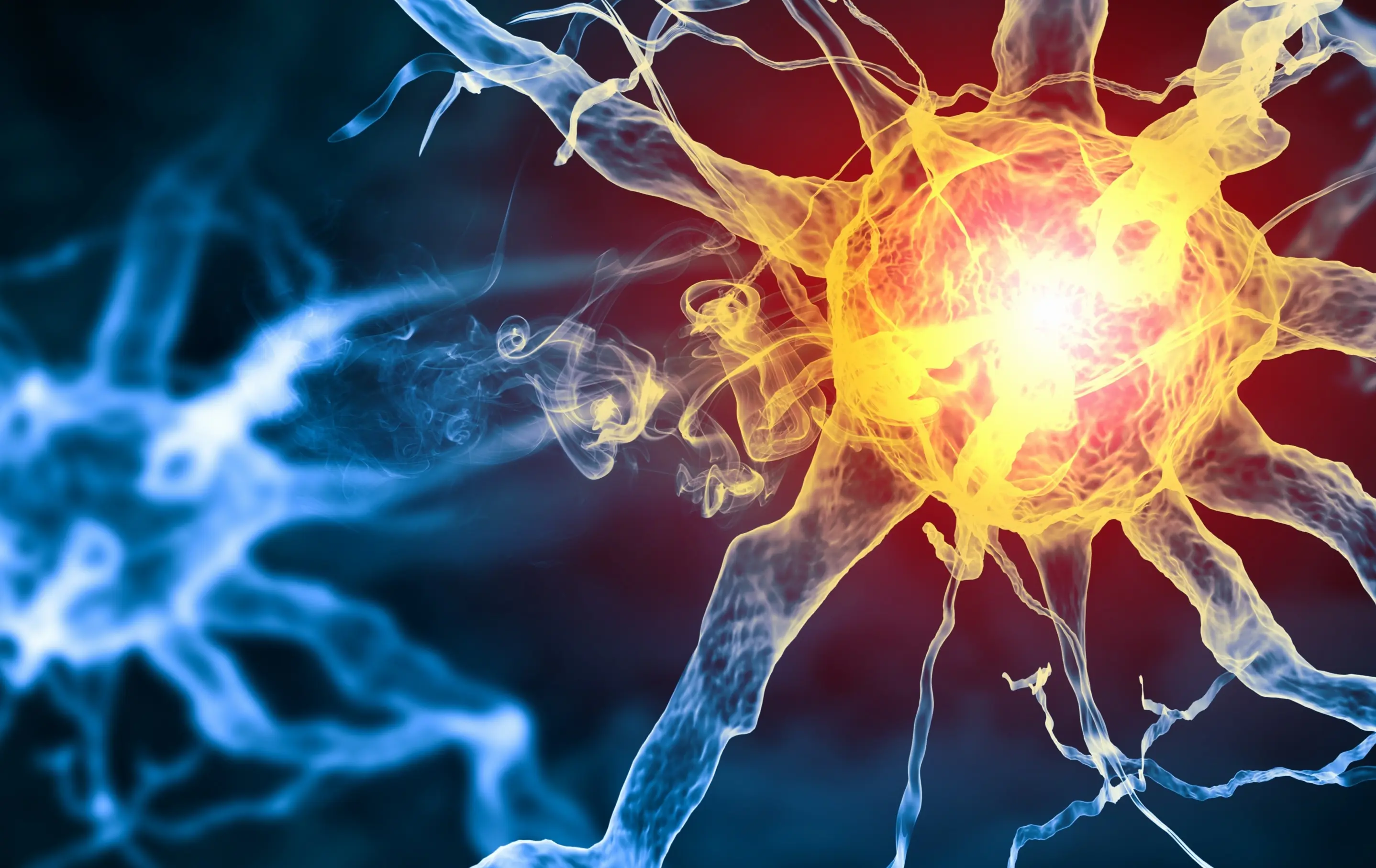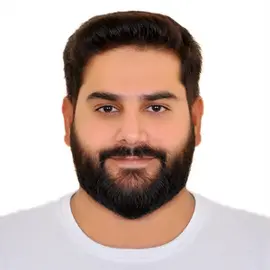Machine Perception and Cognition Group

“AI is THE key technology of the digital transformation, across sectors and industries, with major effects on our societies. Our research thus makes major contributions to the development of robust and trustworthy AI methods, and we enthusiastically teach their safe implementation and application.”
Fields of expertise

- Pattern recognition with deep learning
- Machine perception, computer vision and speaker recognition
- Neural system development
The MPC group conducts pattern recognition research, working on a wide variety of tasks relating to image, audio, and signal data per se. We focus on deep neural network and reinforcement learning methodology, inspired by biological learning. Each task we study has its own learning target (e.g., detection, classification, clustering, segmentation, novelty detection, control) and corresponding use case (e.g., predictive maintenance, speaker recognition for multimedia indexing, document analysis, optical music recognition, computer vision for industrial quality control, automated machine learning, deep reinforcement learning for automated game play or building control), which in turn sheds light on different aspects of the learning process. We use this experience to create increasingly general AI systems built on neural architectures.
Services
- Insight: keynotes, trainings
- AI consultancy: workshops, expert support, advise, technology assessment
- Research and development: small to large-scale collaborative projects, third party-funded research, student projects, commercially applicable prototypes
Team
Head of Research Group
Projects
Unfortunately, no list of projects can be displayed here at the moment. Until the list is available again, the project search on the ZHAW homepage can be used.
Projects
Publications
-
Stockinger, Kurt; Stadelmann, Thilo; Ruckstuhl, Andreas,
2016.
.
In:
Fasel, Daniel; Andreas, Meier, eds.,
Big Data.
Wiesbaden:
Springer.
pp. 59-81.
Edition HMD.
Available from: https://doi.org/10.1007/978-3-658-11589-0_4
-
Lukic, Yanick; Vogt, Carlo; Dürr, Oliver; Stadelmann, Thilo,
2016.
Speaker identification and clustering using convolutional neural networks [paper].
In:
2016 IEEE 26th International Workshop on Machine Learning for Signal Processing (MLSP),.
26th IEEE International Workshop on Machine Learning for Signal Processing (MLSP 2016), Vietri sul Mare, Italy, 13-16 Sept. 2016.
IEEE.
Available from: https://doi.org/10.1109/MLSP.2016.7738816
-
Dessimoz, Jean-Daniel; Koehler, Jana; Stadelmann, Thilo,
2015.
AI Magazine.
36(2), pp. 102-105.
Available from: https://doi.org/10.1609/aimag.v36i2.2591
-
Arnold, Marek; Cieliebak, Mark; Stadelmann, Thilo; Stampfli, Jan; Uzdilli, Fatih,
2015.
PANOPTES : automated article segmentation of newspaper pages for "Real Time Print Media Monitoring“ [poster].
In:
Proceedings of SGAICO Annual Assembly and Workshop 2015.
SGAICO Annual Assembly and Workshop 2015, Geneva, 12 November 2015.
Swiss Group for Artificial Intelligence and Cognitive Science.
Available from: https://doi.org/10.21256/zhaw-7739
-
Stadelmann, Thilo; Cieliebak, Mark; Stockinger, Kurt,
2015.
Toward automatic data curation for open data.
ERCIM News.
2015(100), pp. 32-33.
Available from: https://doi.org/10.21256/zhaw-3643
Other releases
| When | Type | Content |
|---|---|---|
| 2023 | Extended Abstract | Thilo Stadelmann. KI als Chance für die angewandten Wissenschaften im Wettbewerb der Hochschulen. Workshop (“Atelier”) at the Bürgenstock-Konferenz der Schweizer Fachhochschulen und Pädagogischen Hochschulen 2023, Luzern, Schweiz, 20. Januar 2023 |
| 2022 | Extended Abstract | Christoph von der Malsburg, Benjamin F. Grewe, and Thilo Stadelmann. Making Sense of the Natural Environment. Proceedings of the KogWis 2022 - Understanding Minds Biannual Conference of the German Cognitive Science Society, Freiburg, Germany, September 5-7, 2022. |
| 2022 | Open Reserach Data | Felix M. Schmitt-Koopmann, Elaine M. Huang, Hans-Peter Hutter, Thilo Stadelmann, and Alireza Darvishy. FormulaNet: A Benchmark Dataset for Mathematical Formula Detection. One unsolved sub-task of document analysis is mathematical formula detection (MFD). Research by ourselves and others has shown that existing MFD datasets with inline and display formula labels are small and have insufficient labeling quality. There is therefore an urgent need for datasets with better quality labeling for future research in the MFD field, as they have a high impact on the performance of the models trained on them. We present an advanced labeling pipeline and a new dataset called FormulaNet. At over 45k pages, we believe that FormulaNet is the largest MFD dataset with inline formula labels. Our dataset is intended to help address the MFD task and may enable the development of new applications, such as making mathematical formulae accessible in PDFs for visually impaired screen reader users. |
| 2020 | Open Research Data | Lukas Tuggener, Yvan Putra Satyawan, Alexander Pacha, Jürgen Schmidhuber, and Thilo Stadelmann, DeepScoresV2. The DeepScoresV2 Dataset for Music Object Detection contains digitally rendered images of written sheet music, together with the corresponding ground truth to fit various types of machine learning models. A total of 151 Million different instances of music symbols, belonging to 135 different classes are annotated. The total Dataset contains 255,385 Images. For most researches, the dense version, containing 1714 of the most diverse and interesting images, is a good starting point. |






